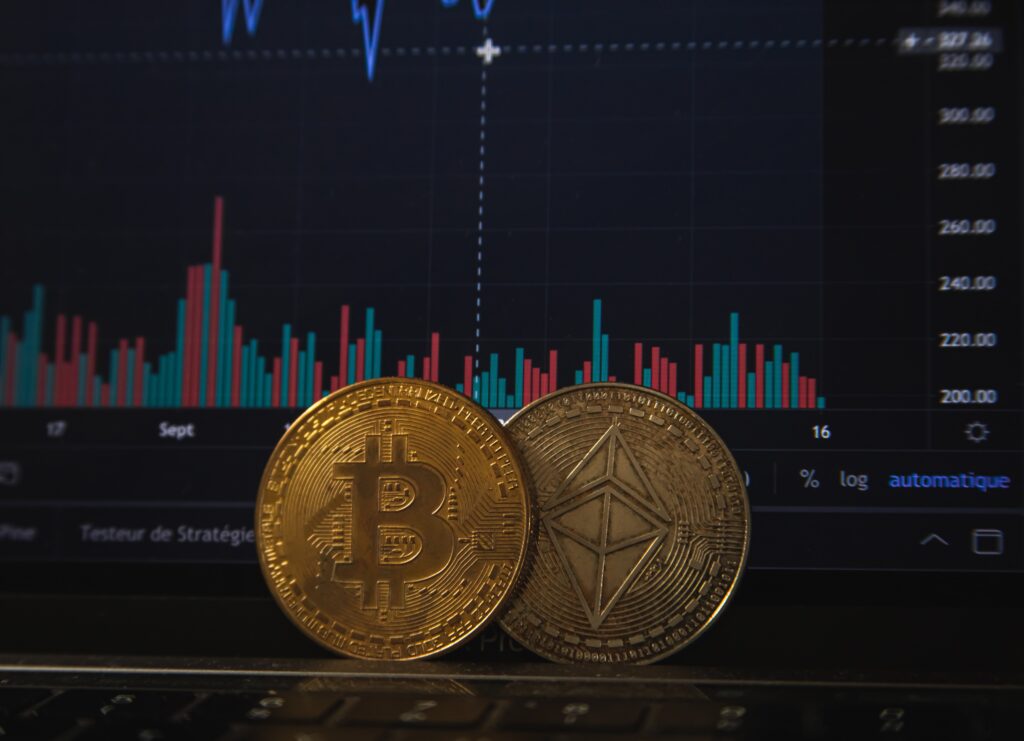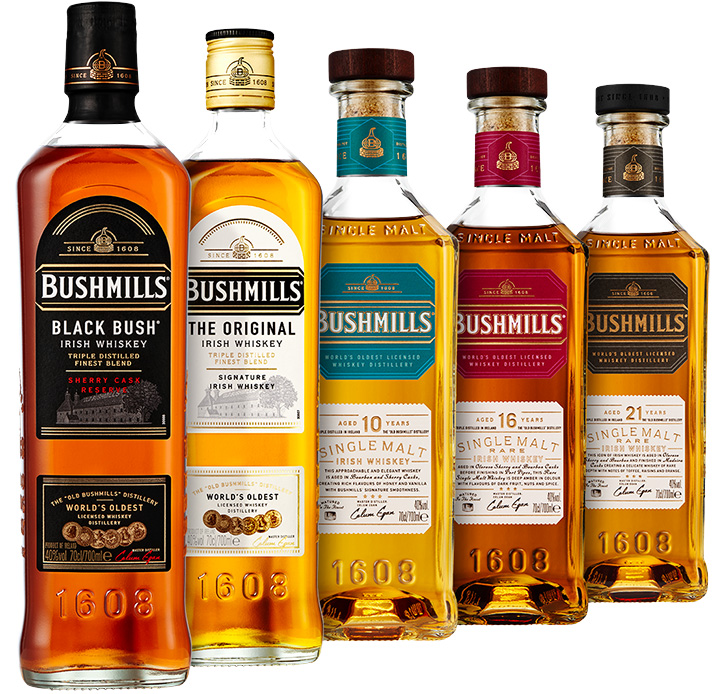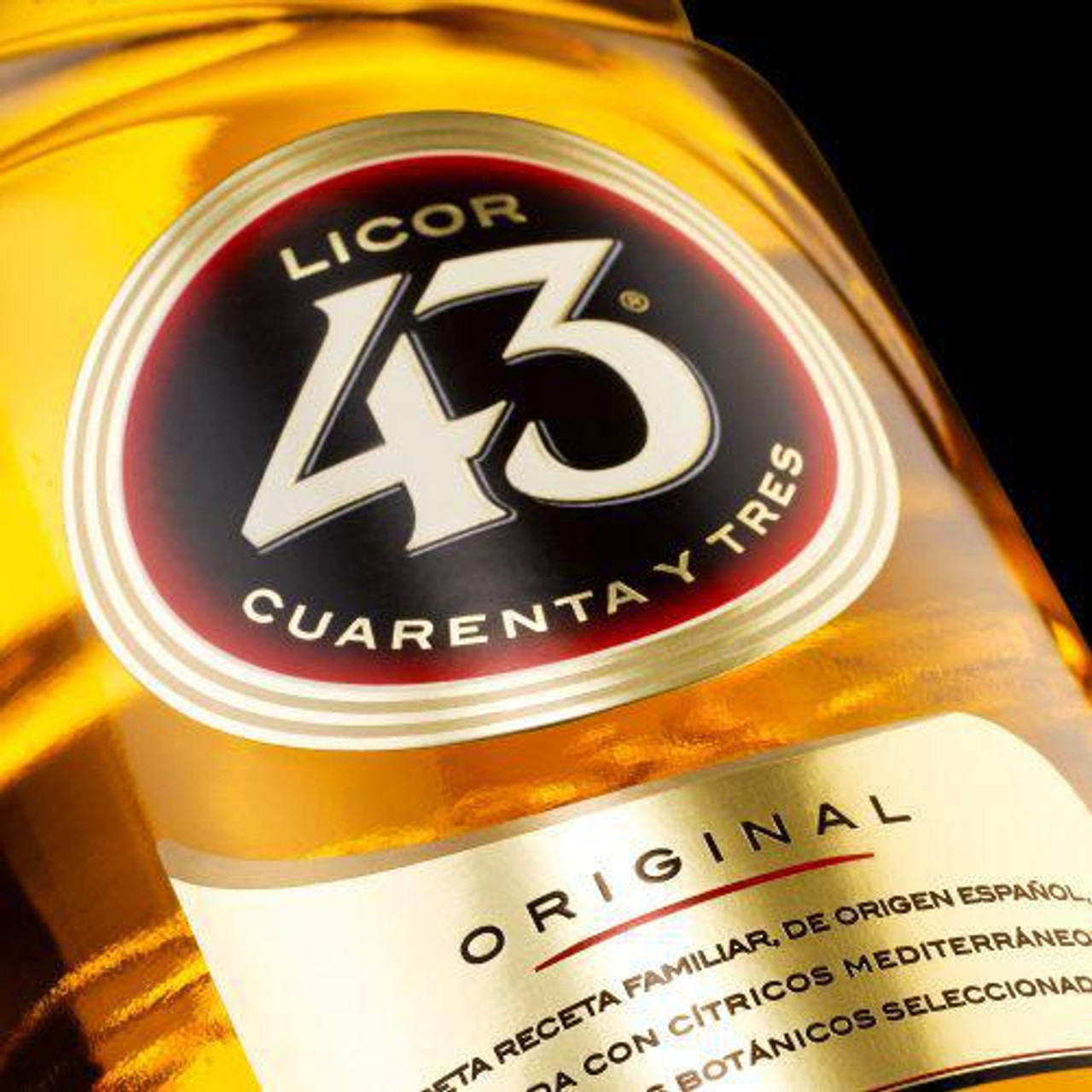Cross-border trade: always a bargain!
Everyone loves bargains. From corporate buyers to consumers, everyone is interested when coming across a great deal. Imagine, you are used to buying a 70cl bottle of a certain brand of whiskey for €100. Now all of a sudden, you see a bargain come along where you receive 1 liter for €80. Interesting, right? In many cases this will involve cross-border trading, which means that the prices will be lower. What exactly does cross-border trade, also known as parallel trade, mean and how does it work? Read it in this article!
The meaning of cross-border trading
Cross-border trade or parallel trade, is the sale of goods beyond the control of manufacturers or brand owners and their affiliated importers and distributors. Cross-border trade is the most popular synonym for ‘importing original products without permission’. Cross-border traders generate profits by buying goods in one country at a relatively low price and reselling them in another country with higher prices.
The products may be genuine, but their importation is not authorized by the brand owner. Other synonyms for Cross-border trade are parallel import, parallel trade or the gray market. Cross-border trade is therefore the import and resale of branded goods without the consent of the brand owner.


What is meant by ‘official distribution channels’?
As an official distributor of a brand, a distribution agreement, also known as ‘reselling agreement’, is often concluded with the brand owner. Through such an agreement, the brand owner imposes all kinds of obligations on the distributor. For example, about the presentation method and how the articles should be advertised. Agreements are also made with a brand owner about the number of products to be purchased from the brand.
Also, price agreements are made within a country, making cross border trade more interesting and therefore often cheaper. Parallel import can be problematic for the brand owners as their official distributors will complain when they face competition from shops that sell the same items at a much lower price.
How does cross-border trading work?
The cross-border trader is not subject to a distribution agreement with the brand owner. As a result, they are not bound by all sorts of cost-increasing conditions that the trademark owner imposes on the resale of the products.
Sometimes cross-border traders can get a large leftover lot at a dumping price because the official resellers want to get rid of unsaleable stocks. This is not always the case, sometimes it is also sold cheaply becausethere is something wrong with the packaging, for example. These are both reasons why the parallel importer can often offer the products a lot cheaper than the official distributors. Goods enter another country’s market through cross-border trade.
A cross-border trader then sells branded goods in a different market than the one for which the products were originally intended. Because the purchase price is low, consumers can buy genuine branded goods at a lower price than usual. So, the same high quality is available at a lower price than at official resellers or retailers. In the end, this is more favourable for customers as well.
Cross-border trade in Europe
The free movement of goods, persons, services and capital within the internal market is an obligation of the European Union. Because of this, protecting markets isn’t allowed. Trade barriers in the distribution of goods, such as obstructing cross-border imports, do not fit with this principle of the free movement of goods. For countries in which cross-border trade is legal, governments do not care who brings in the products, provided that all taxes and duties are paid, and importers/distributors comply with all relevant licensing and trade laws related to alcohol. The policy position of the EU Commission is that parallel imports increase price competition as importing goods from a lower-price country forces sellers in the destination country to lower prices, which in turn increases consumer welfare.
In some countries, only one company can be the registered importer and distributor of a particular brand. In these countries, cross-border trade is illegal. The laws are enforced with varying consistency and success, and despite good intentions, it is a system ripe for corruption. What would otherwise be the gray market, actually becomes the black market! In this case (on the black market) cross-border trading is illegal. Some examples of a black market are: selling stolen goods, drugs or weapons.

An example of cross border trade
As an example, let’s take a bottle of Johnnie Walker Red Label, which is marketed in the Netherlands through the official Dutch importer of Johnnie Walker, Diageo Netherlands. This company is a subsidiary of its parent company Diageo. The Dutch market is served through Diageo’s sales office in the Netherlands. Diageo has subsidiaries in almost every country in the world. This allows them to retain as much control as possible over the products, the quantities made available to the Dutch market, and the prices charged.
Within the EU there is free movement of people and goods. If a company can buy Johnnie Walker Red Label through other channels (companies) within the EU and pays a lower purchase price for it, this is advantageous for the purchasing party. It allows them to make more margin or offer more competitive prices in the market. Alternative channels are often wholesalers, trading companies, supermarkets and cash & carries. These transactions take place outside of Diageo’s sales offices.




